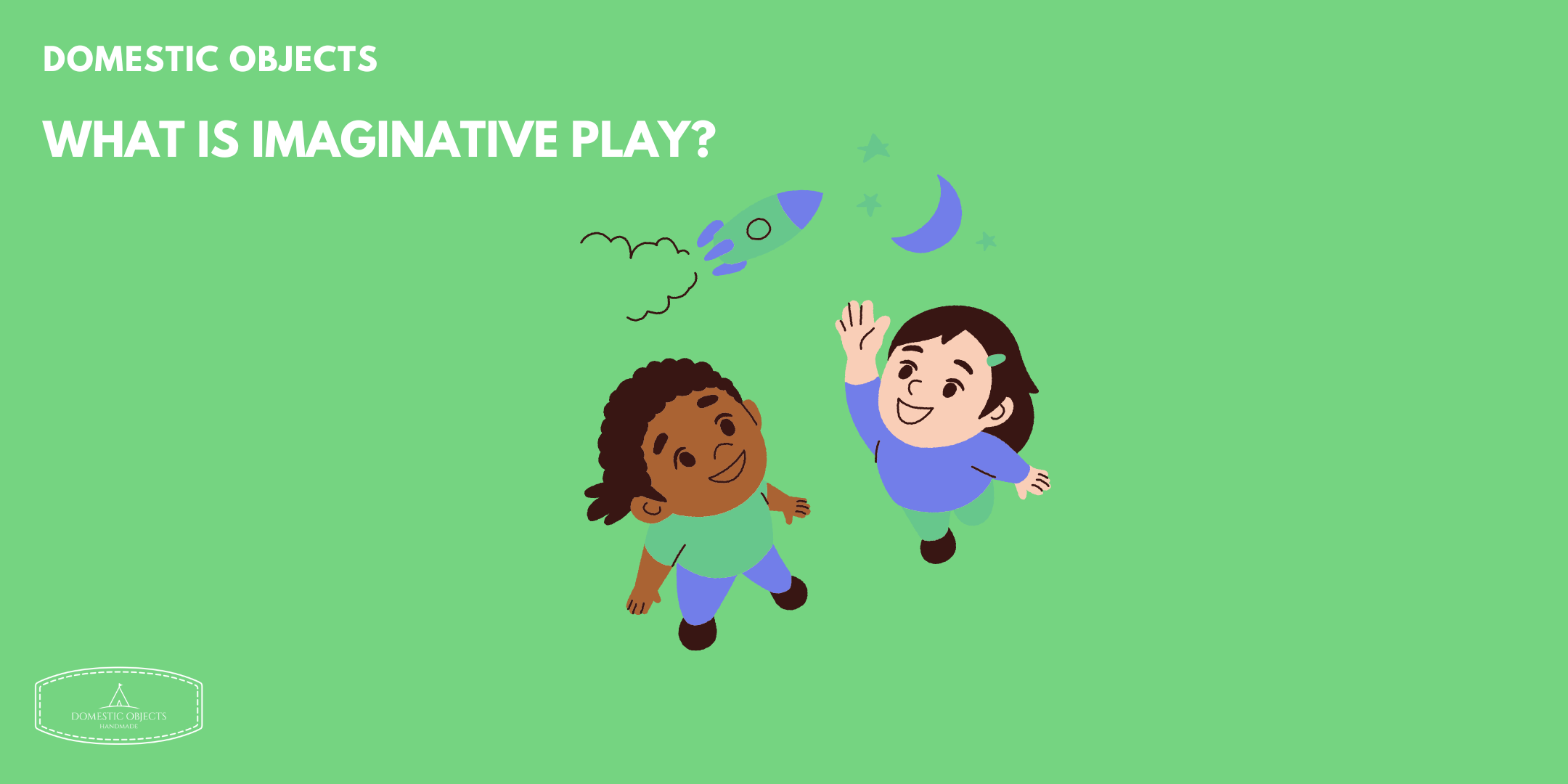Your cart is empty now.

Imaginative play, also known as pretend play or dramatic play, is a type of play that allows children to explore their creativity, emotions, and social skills. In imaginative play, children use their imagination to create a world of their own, taking on different roles, and acting out scenarios. This type of play is crucial for children's development, as it helps them learn and grow in many different ways.
Imaginative play can take many forms, from playing with dolls or action figures to dressing up in costumes or creating make-believe worlds with friends. Children use their imaginations to create characters, storylines, and settings, often drawing on real-life experiences or their own interests. They may also incorporate props, such as toys or household items, to enhance their play.
One of the benefits of imaginative play is that it helps children develop their social skills. When children engage in pretend play with others, they learn to negotiate roles and scenarios, communicate their ideas, and understand the perspectives of others. They also learn to share, take turns, and collaborate, all of which are important skills for building relationships and navigating social situations.
Imaginative play also promotes cognitive development. Children use their imaginations to solve problems, create stories, and make connections between different ideas. This type of play can also help children develop their language skills, as they use words and phrases to describe their characters and scenarios.
In addition to social and cognitive benefits, imaginative play also supports emotional development. When children engage in pretend play, they can explore different emotions and experiences in a safe and controlled environment. They may act out scenarios that allow them to process difficult emotions or situations, such as a visit to the doctor or a fight with a friend. Through imaginative play, children can develop emotional intelligence and learn to regulate their emotions.
Overall, imaginative play is an important part of childhood development. It allows children to explore their creativity, develop social skills, and promote cognitive and emotional growth. As parents and caregivers, it's important to encourage imaginative play by providing opportunities for children to explore their imaginations and engage in pretend play with others. Whether it's playing dress-up, building a fort, or creating a make-believe world with friends, imaginative play is a fun and valuable way for children to learn and grow.
